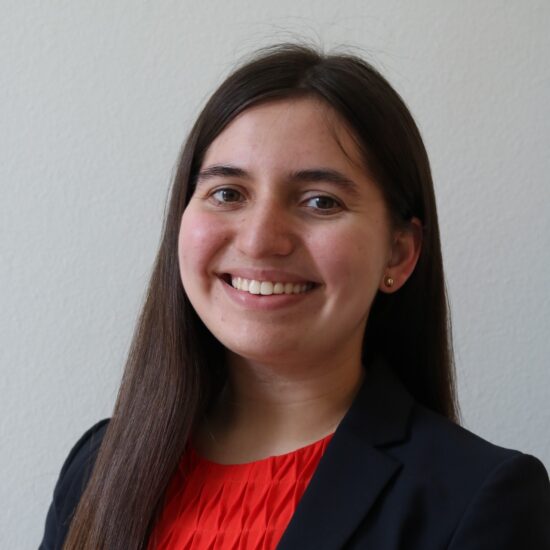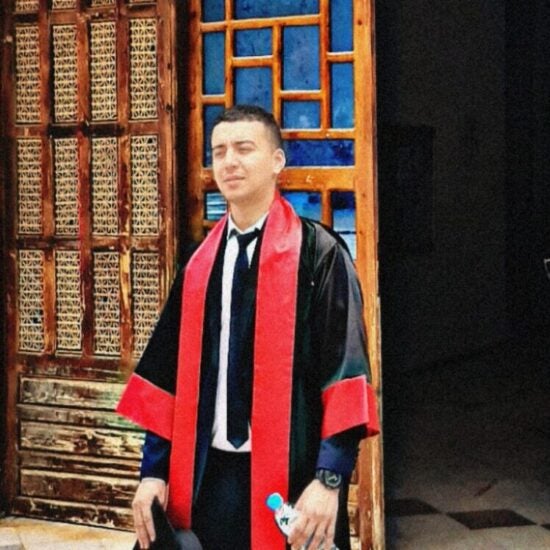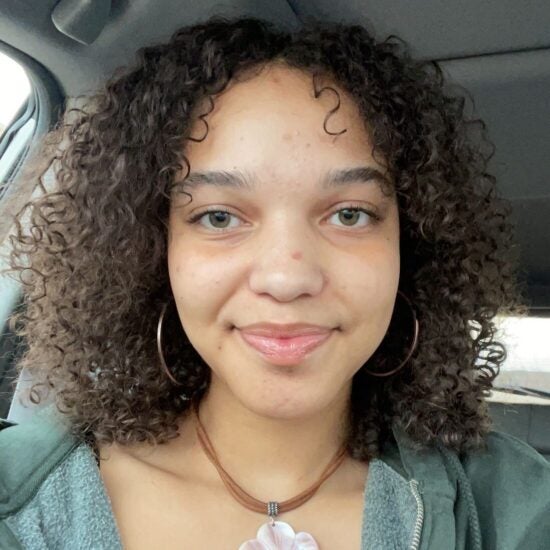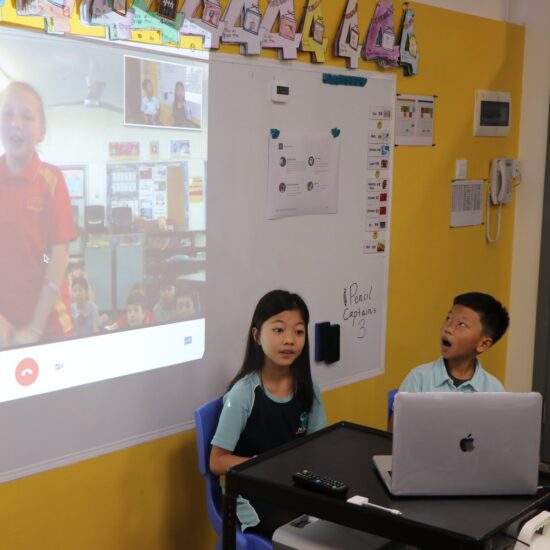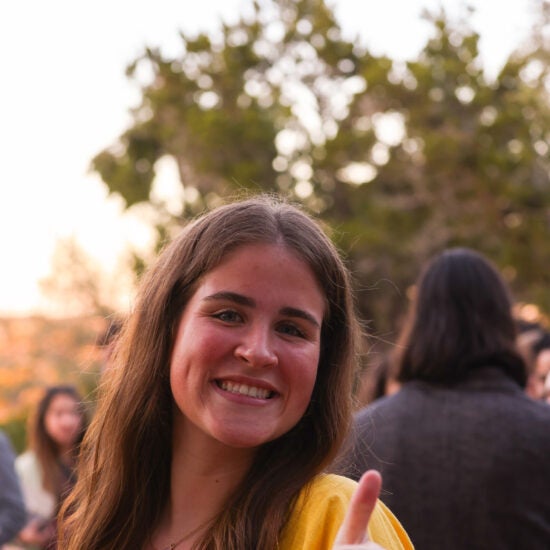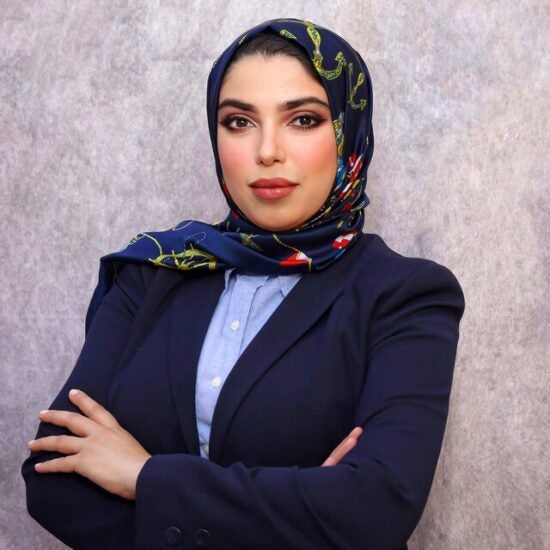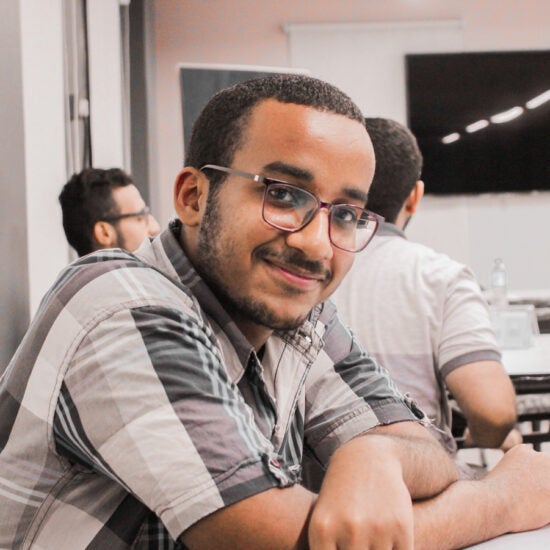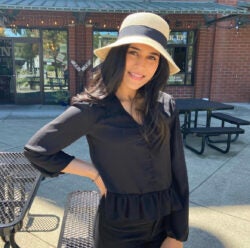 When Amandeep came to Seattle University School of Law from her home in Texas, she had no idea she would become a passionate advocate for police reform. She was simply on her own path of breaking free from expectations and knew her place was somewhere in the realm of law.
When Amandeep came to Seattle University School of Law from her home in Texas, she had no idea she would become a passionate advocate for police reform. She was simply on her own path of breaking free from expectations and knew her place was somewhere in the realm of law.
Amandeep brought a spirit of reflection and defiance, which comes from her Sikh heritage and her Punjabi background, to her legal education, with profound effect. In the fall of 2021, she enrolled in the Transitional Justice Legal Exchange, a class that connects law students from Seattle University and Moulay Ismail University in Meknes, Morocco through virtual exchange. The course explores how each country confronts the problem of state-sanctioned violence – in the United States, police brutality against communities of color; and in Morocco, a history of government violence against political dissidents.
“Policing is very action-based work, so my final project for the class looked at how to incorporate more opportunities for reflection in the training process, something that increases awareness of bias and other cultural expectations,” she said.
Following the class, she completed an externship at the Criminal Justice Training Commission, where she put concepts from her project to use. The commission serves as the training academy for police recruits throughout Washington. As part of her work, Amandeep created a law handbook for responding to domestic violence calls, which account for as many as half of the calls that officers receive. She added depictions of culturally and racially diverse people, and included names that might be unusual or difficult to pronounce. She shared statistics about the higher rates of domestic violence against people of color and immigrant women.
She also encouraged instructors at the academy to include time for journaling and reflection at the end of each day, understanding the need for police recruits to process the feelings and emotional responses to the very difficult subjects they have to learn about. The recruits and instructors themselves were open about the challenges they faced in getting support for new ideas or different ways to carry out their duties as law enforcement, and despite the challenges, everyone was committed to creating a better tomorrow. “Taking a step into the world of policing as an outsider was eye-opening. Seeing the changes that the media pays little attention to and being able to give my perspective as a woman of color was empowering.”
As a student in the Transitional Justice Legal Exchange, Amandeep learned valuable communication skills that helped her in her work at the police academy. “It took time for the Moroccan students to open up about problems in their system,” she said. “The American students being open and honest about the struggles in our systems and our proposed solutions I think helped change that for them through[out] the semester. Through the exchange, both sides learned how important it is to look at our systems with a critical lens. I know my colleagues and I [also] learned the importance that acknowledging the good in our system is also a part of the process of change.”
Amandeep graduates from Seattle University School of Law in May 2023. She came to law school with an interest only in business law, but the virtual exchange with Morocco changed that goal.
“Nothing has felt as rewarding as what I’m working on now in this externship,” she said. “This makes me feel more fulfilled as a person, to be part of the solution and to create change. Maybe it’ll help save someone’s life someday, you know? It feels like very impactful work.”
Transitional Justice Legal Exchange is implemented by Seattle University School of Law and is supported by the J. Christopher Stevens Virtual Exchange Initiative (JCSVEI). JCSVEI is a U.S. Department of State’s Bureau of Educational and Cultural Affairs program administered by the Aspen Institute.
 When Amandeep came to Seattle University School of Law from her home in Texas, she had no idea she would become a passionate advocate for police reform. She was simply on her own path of breaking free from expectations and knew her place was somewhere in the realm of law.
When Amandeep came to Seattle University School of Law from her home in Texas, she had no idea she would become a passionate advocate for police reform. She was simply on her own path of breaking free from expectations and knew her place was somewhere in the realm of law. 